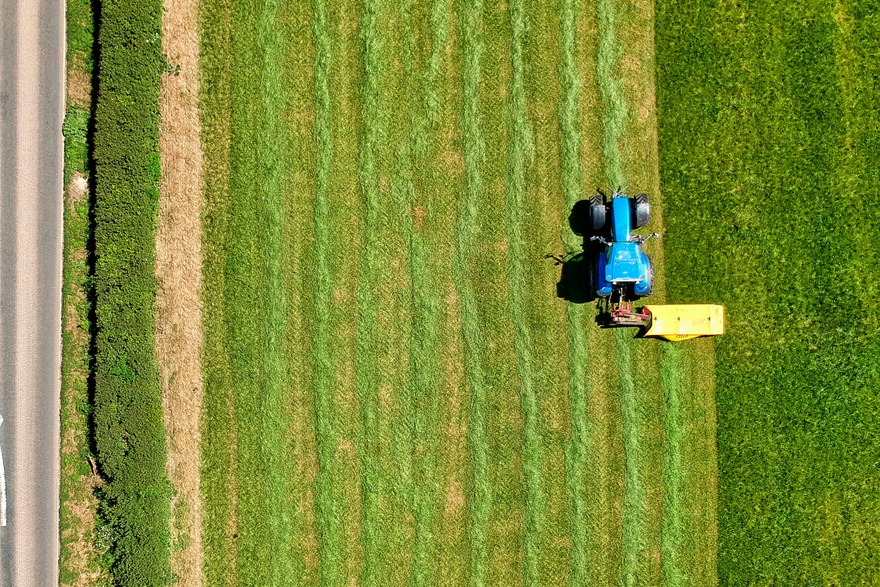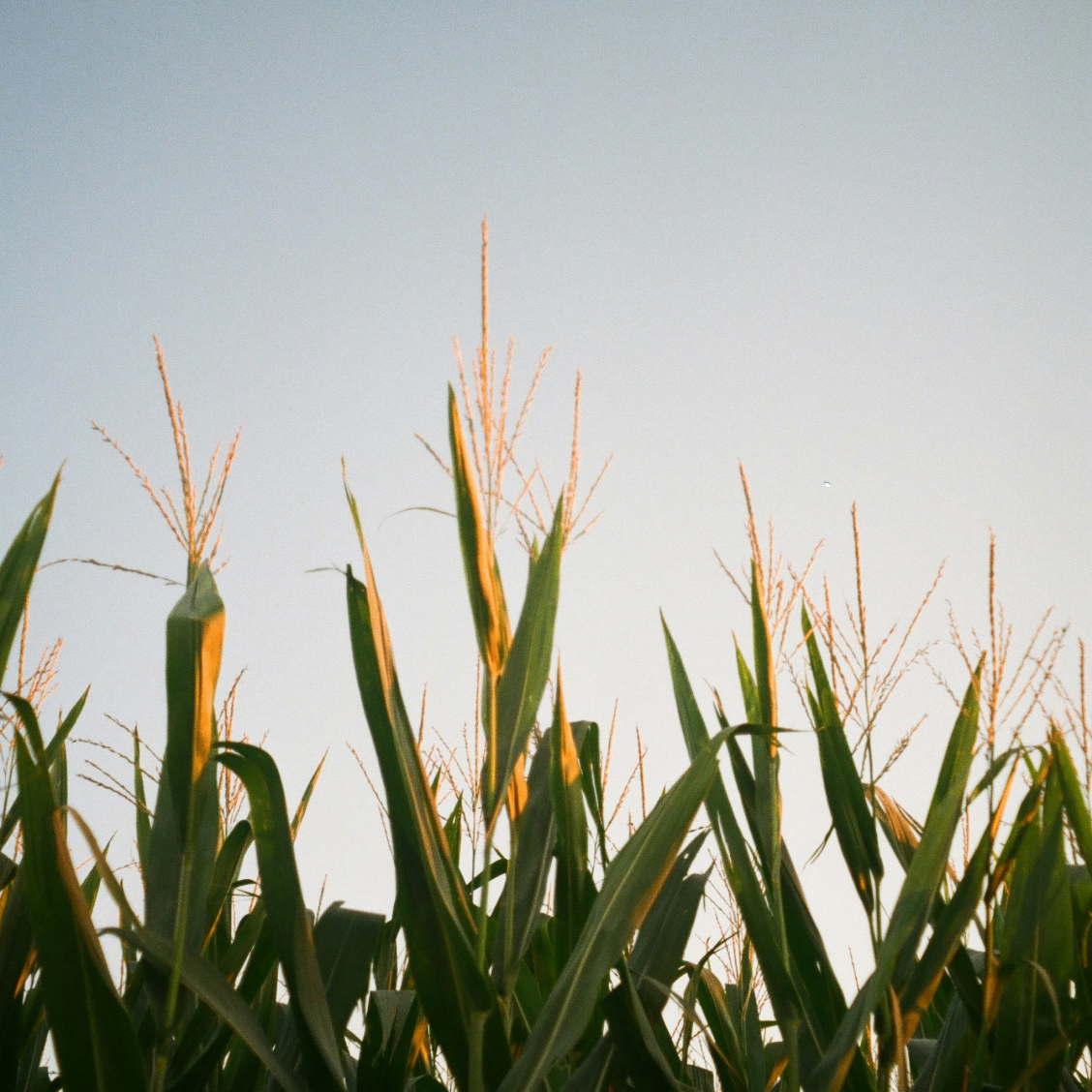Impacts and Adaptations

Climate has always been an unavoidable variable in agricultural activity. However, in recent decades, it has ceased to be merely a seasonal concern and has become a true strategic factor. Today, farmers face a reality marked by meteorological uncertainties, extreme phenomena, and structural challenges that require constant adaptation. Agriculture, as an activity intrinsically linked to the environment, is at the forefront of the consequences of climate change.
Meteorology: Ally or Adversary?
Weather forecasting has always played a central role in daily agricultural life. However, the degree of unpredictability has been increasing, making traditional crop planning difficult. The lack of consistent patterns forces farmers to frequently reformulate practices and decisions.
Late frosts, prolonged droughts, off-season hail, intense rains, or heat waves affect not only productivity but also the quality of agricultural products. For example, the increase in tropical nights and the reduction of spring precipitation are already realities in vast areas of mainland Portugal.
These changes directly impact critical phases such as flowering, grain filling, or fruit maturation.
Extreme Phenomena and Growing Vulnerability
Portugal is located in one of Europe’s most vulnerable regions to climate change — the Mediterranean basin. The data is unequivocal: average annual temperatures have risen, while precipitation has significantly decreased. This combination leads to greater exposure to desertification, especially in the south and inland areas.
Moreover, extreme phenomena have become more frequent and intense. Severe droughts are a good example. It is estimated that in some areas of the national territory, the surface susceptible to desertification already represents about 58% of the mainland area. The effects are visible: poorer soils, reduced fertility, increased erosion, and higher water stress. The frequency of events like hail or torrential rains can devastate crops in minutes, wiping out months of work.
Planning and Seasonality: The New Paradigm
Traditional agricultural scheduling is changing. Seasonal rhythms have become more erratic, forcing producers to adjust sowing dates, cultivated varieties, and applied techniques. The anticipation of the vegetative cycle, for example, is already observed in crops such as grapevines and olive trees. Early flowering caused by milder winters can later be compromised by late cold snaps or severe drought.
These changes demand more technical and dynamic planning. This includes practices such as production staggering, using cultivars more resistant to thermal and water stress, or implementing precision irrigation. Technologies like soil sensors, local weather stations, and precision agriculture tools are increasingly indispensable to mitigate the effects of climate instability.
Agricultural Resilience: Adaptation Strategies
Adapting to the new climatic reality is not a luxury — it is a necessity. Portuguese farmers have adopted various measures, emphasizing crop diversification, installation of more efficient irrigation systems, reinforcement of soil cover, investment in more resilient crops, and, in some cases, conversion to more sustainable production methods.
For example, conservation agriculture (including direct sowing, grassing between rows, and crop rotation) helps not only to preserve the soil but also to improve its fertility and water retention capacity.
The development of new plant varieties more tolerant to thermal variations has also been promoted by institutes and universities.
Equally important, production systems integrating digital technologies and remote sensors optimize natural resource use, minimizing waste and increasing predictability. In this context, companies with a tradition in the agricultural sector, like Rocha, which develop efficient spraying solutions adapted to the specificities of each crop and terrain, play a relevant role. The ability to apply products precisely and rationally becomes even more critical in a scenario where every drop of water and gram of product counts.
Climate as a Decisive Factor
Climate can be both an ally and an adversary. The difference increasingly lies in anticipation capacity and readiness to respond. Meteorological monitoring, access to technical training, and knowledge sharing among producers and sector entities are crucial tools to strengthen farm resilience.
It is also essential that farmers can rely on coherent public policies, technical and financial support programs, and research structures applied to the real needs of the field. Only then can the continuity of national agricultural production be assured, food security guaranteed, and sustainable land management promoted.
The Future of Agriculture
The future of agriculture will inevitably depend on its capacity to adapt to climate. Ignoring this reality compromises not only farm productivity but also ecosystem balance and rural community well-being. The climate has already changed. Now it is time to change with it — with intelligence, technique, and vision.


